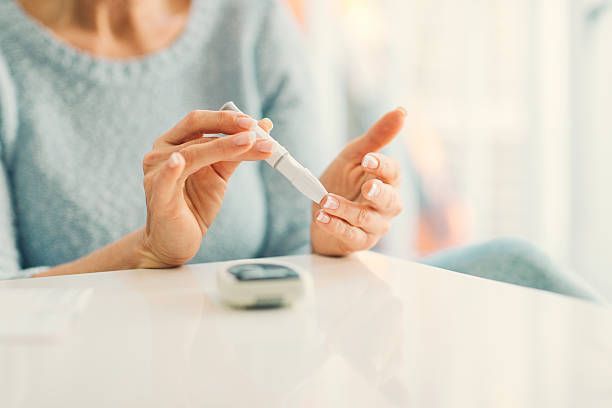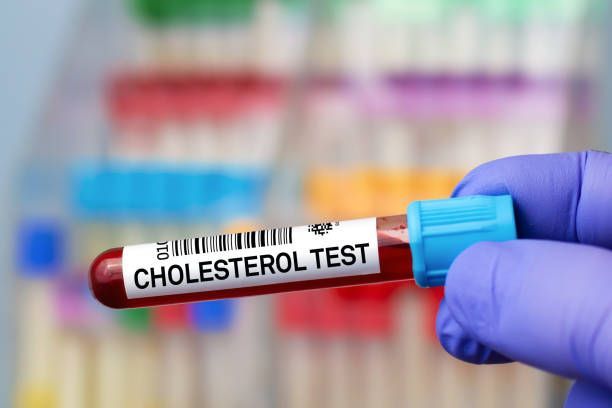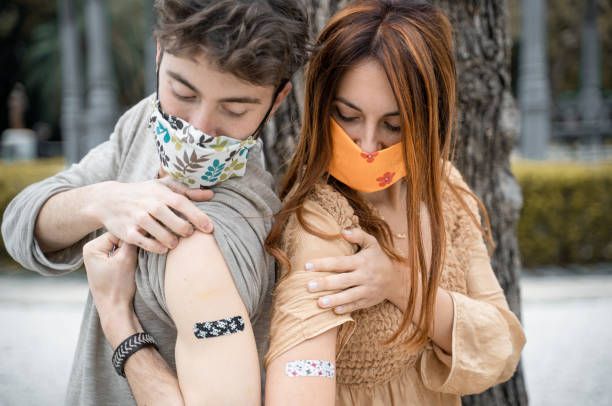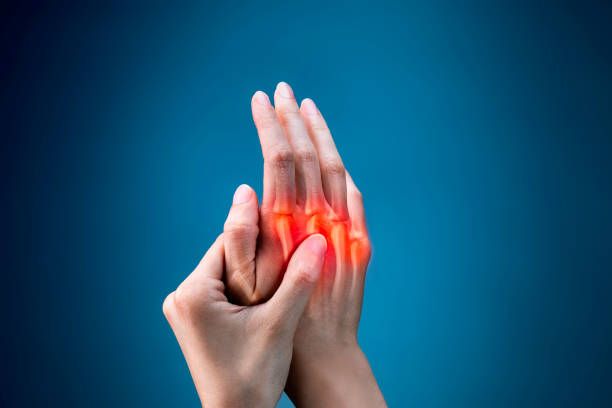Heart Palpitations: Should You Go to Urgent Care?
Feeling your heart race or flutter unexpectedly can be alarming. While some heart palpitations are harmless, others may signal a health concern that needs urgent attention.
This guide explains what heart palpitations are, what causes them, and when it’s time to visit urgent care.
What Are Heart Palpitations?
Heart palpitations are sensations that make you unusually aware of your heartbeat.
You may feel like your heart is:
- Pounding
- Fluttering
- Racing too fast
- Skipping beats
These episodes can happen during physical activity, while resting, or even while you're asleep. Most of the time, heart palpitations are brief and resolve on their own, but some may require urgent medical attention.
Common Causes of Heart Palpitations

Most heart palpitations are not related to heart disease.
Common causes include:
- Stress or anxiety
- Caffeine or energy drinks
- Alcohol or nicotine
- Dehydration
- Sleep deprivation
- Medications such as decongestants or asthma inhalers
- Hormonal shifts during menstruation, pregnancy, or menopause
However, heart palpitations can also be caused by arrhythmias, thyroid issues, or other underlying medical conditions.
When to Go to Urgent Care for Heart Palpitations
Urgent care clinics like UrgiClinic are equipped to evaluate non-emergency heart palpitations, especially if:
- You have no known heart disease
- Your symptoms are mild but frequent
- Your palpitations feel different than usual
- You feel lightheaded or weak after an episode
- You are unsure whether your symptoms are serious
Visit urgent care if:
- Your heart palpitations last longer than a few minutes
- You feel dizzy or fatigued afterward
- Palpitations interfere with daily life or sleep
- You suspect medication or dehydration may be the trigger
When to Go to the Emergency Room Instead
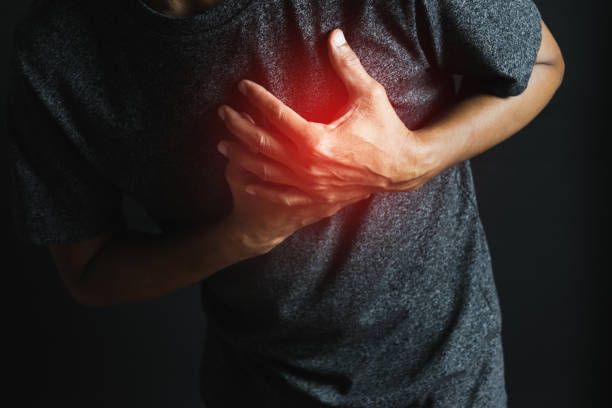
While urgent care is appropriate for many non-critical cases, heart palpitations may require emergency care if they occur with:
- Chest pain or pressure
- Difficulty breathing
- Fainting or near fainting
- Sudden sweating or nausea
- A history of heart disease or known arrhythmias
These may indicate a serious cardiac event or arrhythmia like atrial fibrillation.
What to Expect at UrgiClinic for Heart Palpitations
If you come to UrgiClinic for heart palpitations, our team will:
- Ask about your symptoms and health history
- Take your vital signs
- Perform an electrocardiogram (ECG) if needed
- Run basic labs to check for electrolyte or thyroid issues
- Recommend next steps, whether it’s rest, medication, or a specialist referral
How to Track and Manage Heart Palpitations
If you have mild or occasional heart palpitations, lifestyle adjustments can help reduce frequency:
- Avoid caffeine and stimulants
- Drink plenty of water
- Manage stress with breathing techniques or light exercise
- Sleep regularly
- Log your symptoms in a journal
Keeping a record of when your heart palpitations occur, along with your activity and diet, can help your provider identify patterns or triggers.
Heart Palpitations and Anxiety: How to Tell the Difference
Many people wonder if their heart palpitations are caused by anxiety or something more serious. Anxiety-related palpitations are often paired with:
- Panic or restlessness
- Rapid breathing
- Sweating or shaking
- Muscle tension
While anxiety can trigger strong physical sensations, it’s important to rule out heart-related causes first. UrgiClinic can help differentiate between anxiety and medical causes.
Walk In With Us
Whether you're dealing with occasional flutters or frequent heart palpitations, it’s important not to ignore what your body is telling you. At UrgiClinic, we handle urgent health needs quickly and professionally without the long wait times of the emergency room.
Walk in today for a timely evaluation of your heart palpitations, and let our experienced team help you take the right next step for your health.

